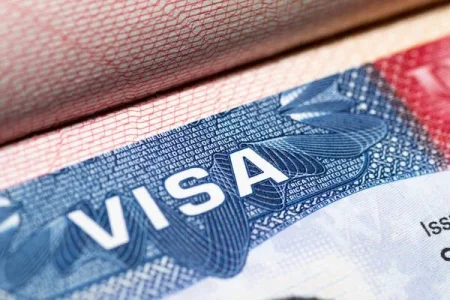
The U.S. has terminated legal protections for over 500,000 Cuban, Haitian, Nicaraguan, and Venezuelan migrants, giving them 30 days to leave. The decision, part of Trump’s immigration crackdown, ends the CHNV program. Advocacy groups urge migrants to seek legal help as deportations loom, raising concerns over humanitarian and legal challenges.
The U.S. government has announced the termination of legal protections for more than 500,000 immigrants from Cuba, Haiti, Nicaragua, and Venezuela, giving them just 30 days to leave the country. The decision, part of President Donald Trump’s aggressive immigration crackdown, marks one of the largest deportation efforts in U.S. history.
The affected individuals had been admitted under the Cubans, Haitians, Nicaraguans, and Venezuelans (CHNV) program, a policy introduced by President Joe Biden in 2022 and later expanded in 2023. This program had allowed up to 30,000 migrants per month to enter the U.S. legally for two years. However, the Department of Homeland Security (DHS) emphasized that the program was always meant to be temporary, stating that it does not grant any path to permanent residency.
With the official order set to be published on Tuesday, migrants who do not secure an alternative legal status must leave by April 24. Advocacy groups, including Welcome.US, are urging affected individuals to seek immediate legal assistance.
The move comes amid Trump’s broader efforts to curb immigration, particularly from Latin America. Just last week, he invoked wartime legislation to deport over 200 alleged Venezuelan gang members to El Salvador, a country offering to detain migrants at a reduced cost.
Biden had initially praised the CHNV program as a humanitarian approach to reducing pressure on the U.S.-Mexico border, but the reversal underscores the shifting political landscape. As legal battles and humanitarian concerns grow, the fate of these migrants remains uncertain.




